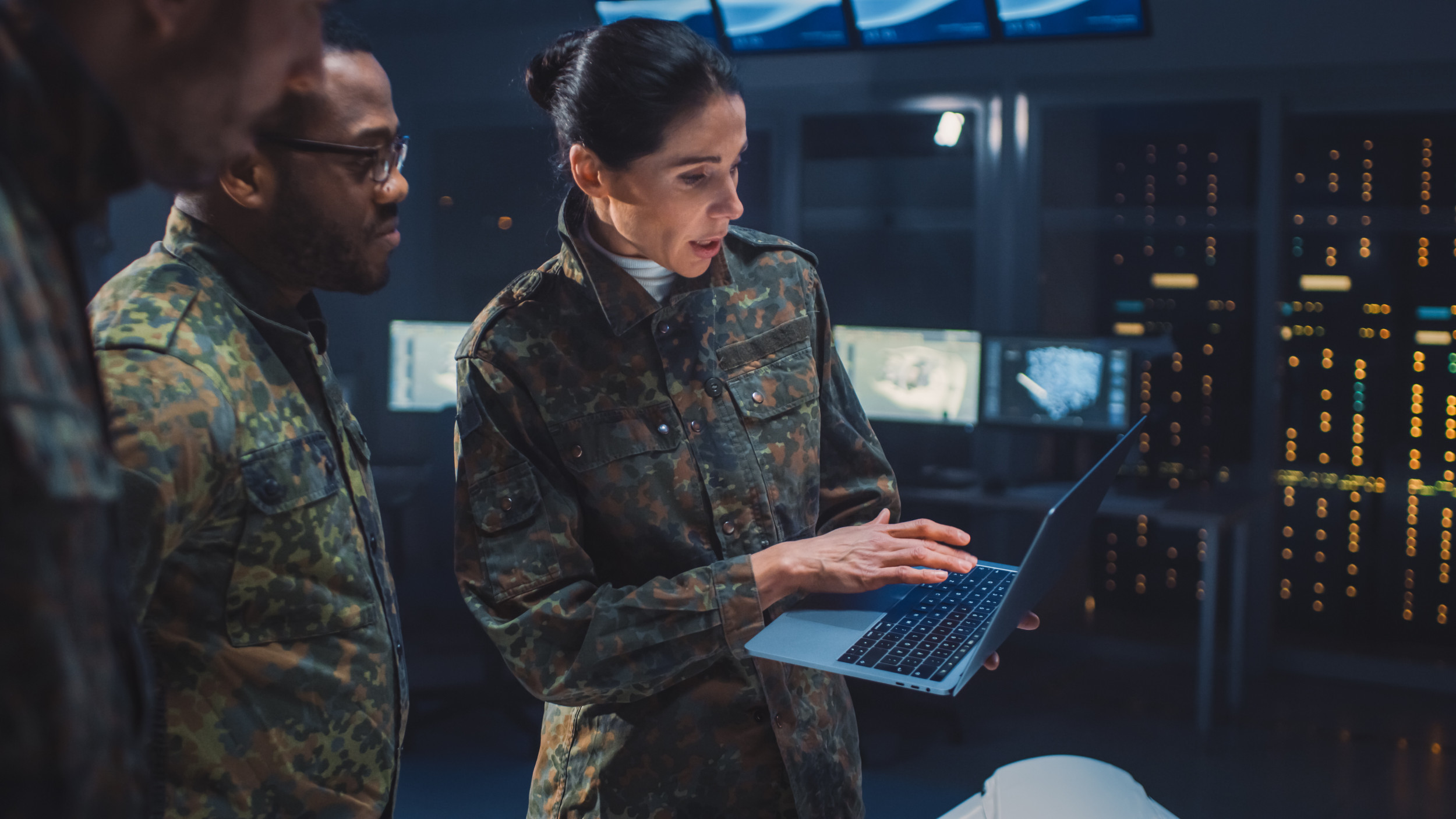
Recent years have seen increased disruption across many industries, with workforce adjustments, shifts in strategy, technology acceleration, and the endlessly relentless pursuit of cost and efficiency gains. This has created a challenging environment for people, generally, but especially for leaders who are looking to provide stability in an ever-evolving landscape. I am a believer that history is our greatest teacher and went to the past for some inspiration to draw from in tough times.
I have been contemplating the apposition of two archetypes from the world of military leadership — the peacetime general and the wartime general. These archetypes have distinct skill sets and serve distinct purposes at different moments in time. Peacetime generals manage during periods of calm and stability. They focus on the unity and the overall well-being of their troops. They cultivate buy-in, collaboration, and alignment.
Wartime generals manage during times of chaos and urgency. They focus on sheer survival. General Douglas Macarthar sums up the mindset of the wartime general well, saying "...that's the way it is in war. You win or lose, live or die — and the difference is just an eyelash." There is not time for pomp and protocol in open combat.
The ruthlessness that makes a wartime general successful on the battleground is rejected in times of peace. Likewise, peacetime generals can struggle to provide clear directiveness needed in times of war.
The reality is that most leaders fall somewhere in the middle of this spectrum when it comes to their baseline style. Personally, I happen to have seen more peacetime than wartime but resonate much more closely with the wartime general archetype. Regardless of where they fall on this spectrum, it is critical for leaders to be able to flex their approach to meet the needs of their people and the business.
Here are a few strategies I am currently putting into practice that you can do too, inspired by the wise words of some of history's best-remembered wartime generals:
• Obsess about intelligence. "In war, anything is better than indecision." – General Ulysses S. Grant.The key to making good, timely decisions is having access to crucial information.Intelligence means intricately knowing the strengths, weaknesses, and positioning of your competition, as well as those of your organization.
• Execute with speed. "A good plan violently executed now is better than a perfect plan next week." – General George S. Patton. It is critical to be decisive yourself and to federate decision-making to the front lines. Provide a clear mission and strategy and trust your leaders at all levels to make decisions autonomously based on the best information they have at the time. You can't be on every battlefield at once, and time is not a luxury you have, so acting fast happens best through delegation.
• Deploy resources wisely. "Discipline is the soul of the army." – President George Washington. When resources are scarce, they must be aligned to what is most essential to survival. One of my favorite terms to guide my team is "ruthless prioritization" of both their energy and resources. It is also important to manage risk effectively to prevent unnecessary losses and preserve resources for the long haul.
• Rally for the win. "The soldier's heart, the soldier's spirit, the soldier's soul, are everything." – General George Marshall. During war, troops face countless physical and emotional hardships. The best wartime generals know how to inspire their troops and boost morale to keep everyone motivated to win.
History is the great teacher that it is because it allows you to see patterns from the past that may be invisible in the present moment. It is important to remember that even though many of these military leaders came out as victors, they would have struggled with the same doubts and fears the rest of us do. They will certainly have made mistakes — large and small — and broken some things along the way. However, they came out the other side because they led with heart and with courage.
This, I believe, is the wartime general quality that our people need the very most from us in order to overcome challenges and emerge stronger. In closing, I'll leave with some final words of wisdom from President Nelson Mandela. "I learned that courage was not the absence of fear, but the triumph over it. The brave man is not he who does not feel afraid, but he who conquers that fear."
Uncommon Knowledge
Newsweek is committed to challenging conventional wisdom and finding connections in the search for common ground.
Newsweek is committed to challenging conventional wisdom and finding connections in the search for common ground.





